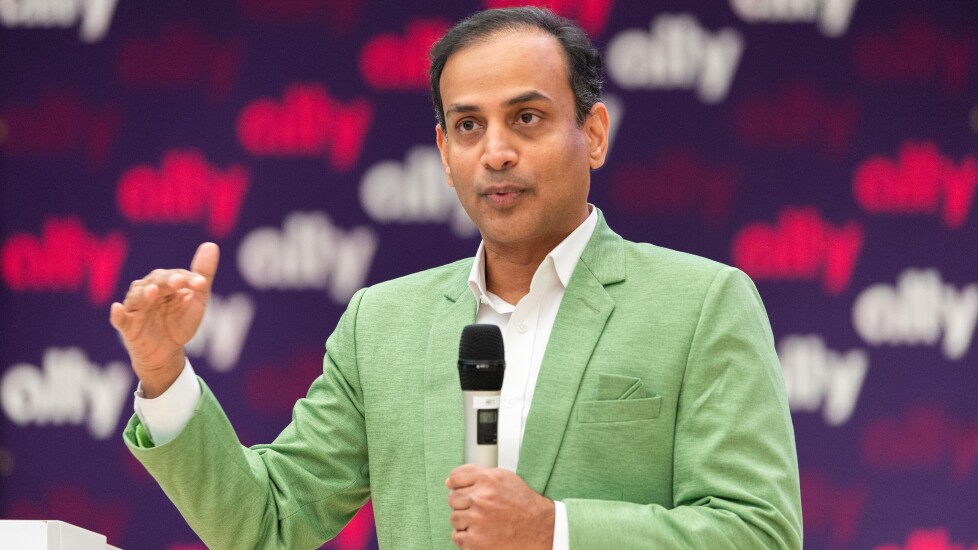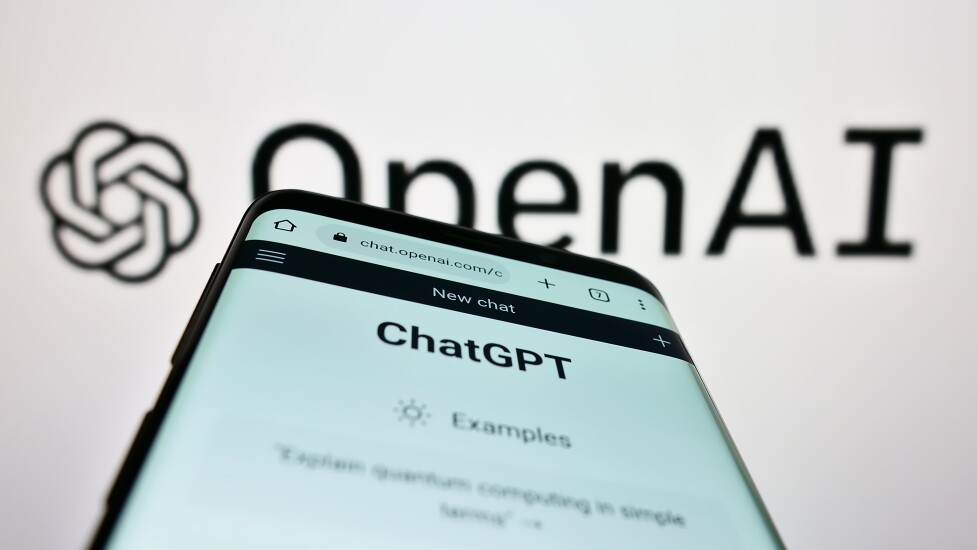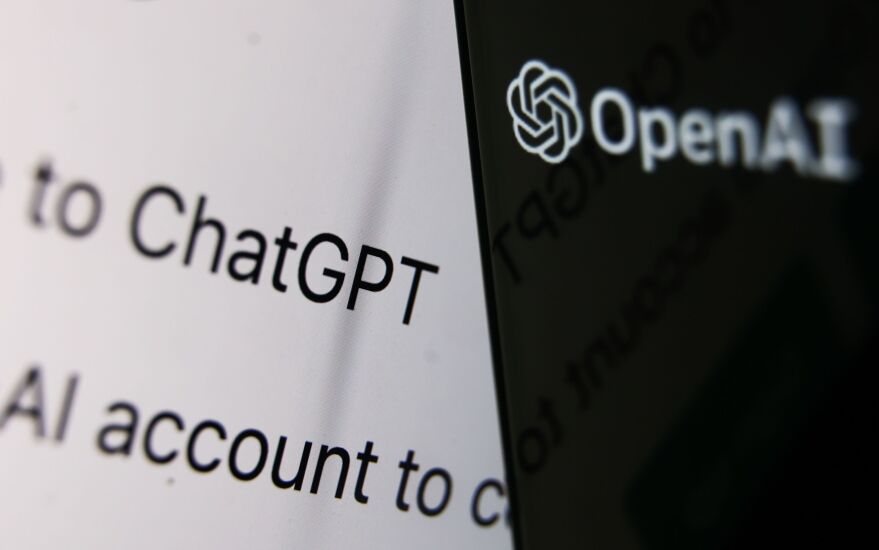Artificial intelligence was the focus of an avalanche of hype, curiosity and experimentation in 2023. Many banks played with large language models like ChatGPT, thought about use cases for the technology and worried about getting left behind if they didn't try to learn about and test the technology.
But the AI stories American Banker readers turned to the most during the past year were competitive intelligence: Everyone wanted to know what their peers are doing with AI. Articles about how Ally Bank, JPMorgan Chase, Synchrony Bank and others are deploying AI for uses like personalization, fraud detection and drafting emails were the most popular.
Read on to see which American Banker AI articles were read most in 2023.















